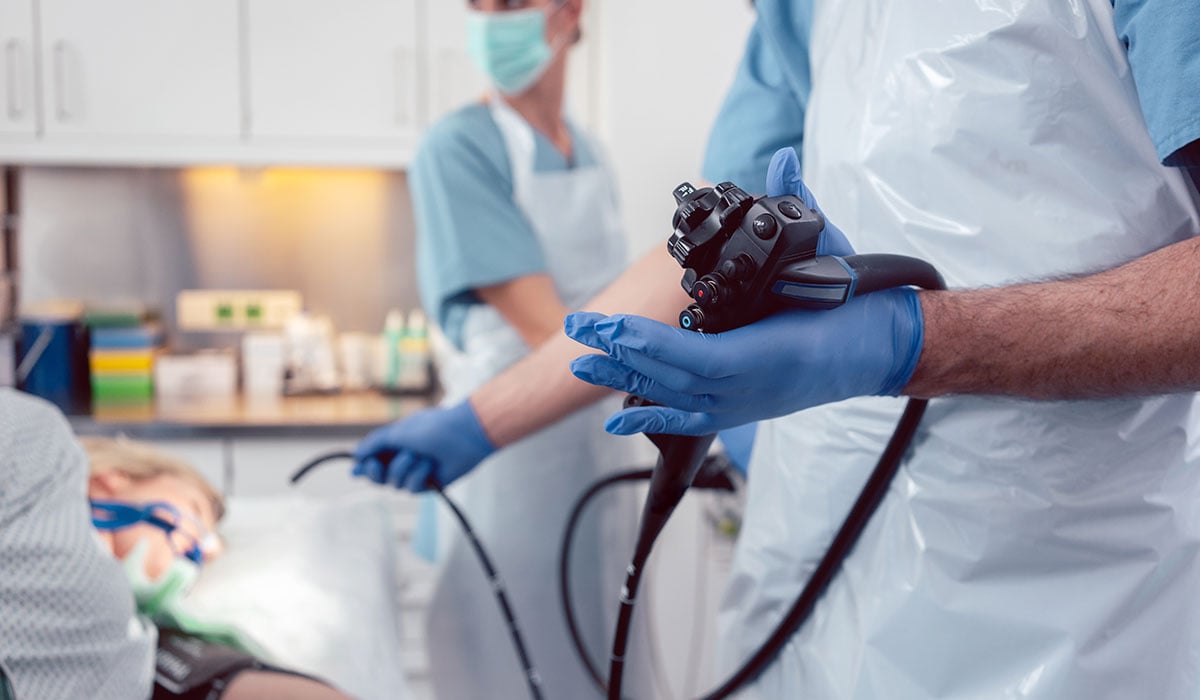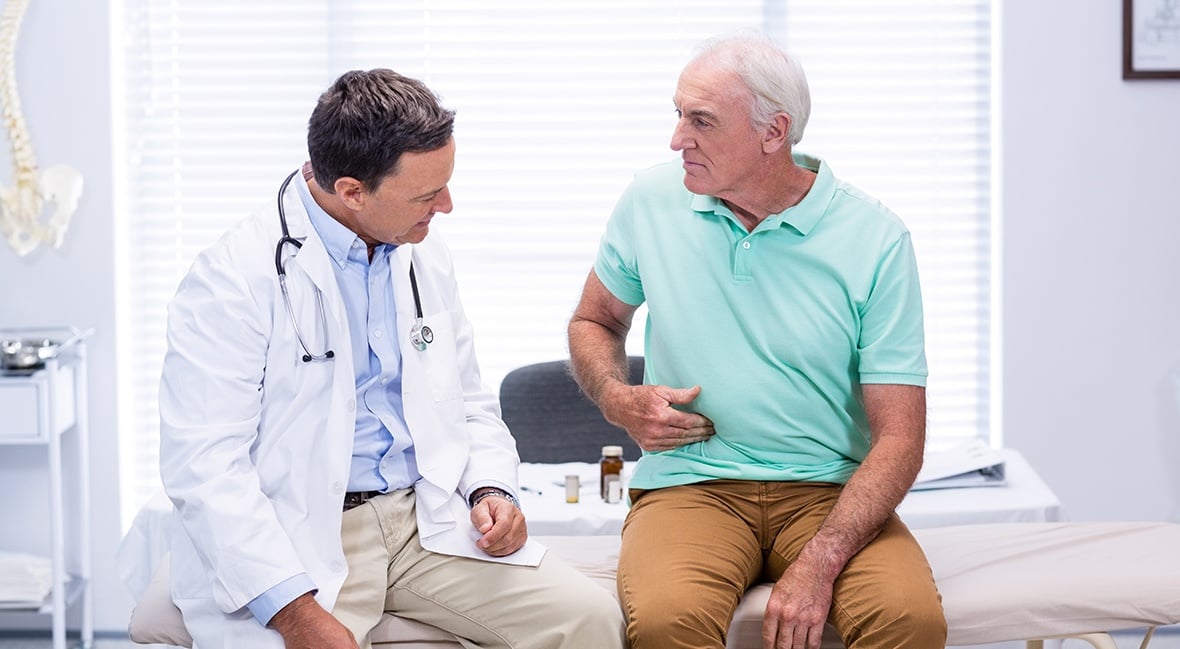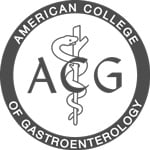Colorectal cancer (CRC), also called colon cancer, occurs in the last two parts of the digestive tract: the large intestine, or colon, and rectum. Symptoms of colorectal cancer include persistent abdominal pain, changes in bowel habits, and blood in the stool.
A lot of the time, colorectal cancer develops from small clusters of cells, called polyps. Polyps alone may not cause any symptoms, and are often benign, but could become dangerous if not caught and removed in a timely manner. That’s why the American Cancer Society recommends beginning regular screening now by age 45. Your doctor may suggest screening at a younger age, however, if you are at higher risk due to hereditary or lifestyle factors.
What Are the Symptoms of Stage One Colorectal Cancer?
As stated, polyps often present with no noticeable symptoms. The same goes for the early stages of colorectal cancer. In general, you may not experience any symptoms while the disease begins to spread. That’s why it’s imperative to be proactive, and get screened early.
Of course, several common symptoms can manifest at any stage, and other conditions may trigger the same symptoms—such as IBD (inflammatory bowel disease), IBS (irritable bowel syndrome), hemorrhoids, or an infection—so be sure to get to a doctor if you are suffering from any of the following:
- Persistent Abdominal Pain, Bloating or Cramps
The occasional stomach ache is normal, but you should see a doctor if pain of any kind persists for an extended period.
- Change in Bowel Movements
Similar to the previous symptom, sporadic, abnormal bowel movements—namely, constipation or diarrhea—is normal and happens to most everybody. Bowel changes become worrisome if persisting for more than a few days, particularly if it occurs suddenly. If you are experiencing narrowed stools, or stool that is pencil-thin, it may also be a sign of colorectal cancer.
- Blood in Stool
Rectal bleeding should always be followed by a doctor’s visit, as it may be indicative of several serious conditions, including colorectal cancer. To spot rectal bleeding, look for bright red blood on toilet paper, red or pink water in the toilet bowl after bowel movements, or darkened stool.
- Tenesmus (Incomplete Defecation)
Tenesmus is the sensation of needing to defecate, but not feeling fully relieved after doing so.
- Unexplained Weight Loss
This symptom typically does not present until more advanced stages of the disease. If you find yourself dropping weight without any dietary or exercise changes, see a doctor.
- Weakness or Fatigue
Weakness or fatigue is one symptom of colorectal cancer and its treatment.
What Causes or Heightens Your Risk of Colorectal Cancer?
In most cases of colorectal cancer, it’s impossible to point a finger at any one definitive cause. Normally, cells divide and replenish systemically, according to the plan detailed within their DNA. When a cell’s DNA is damaged, as in cancer, this plan changes.
That cell divides to produce more cells with faulty blueprints, at a quickened rate. The damaged cells gather together to form masses, which we call tumors. When these travel, leaving deposits in other parts of the body, it’s called metastasis.
Risk Factors
Certain hereditary red flags and other risk factors can serve as warnings to begin screening as soon as possible. These include:
- Advanced Age
You can develop colorectal cancer at any age, but most cases appear in those aged 50 and older.
- African American Demographic
In the United States, 50 to 60 African Americans out of every 100,000 develop colorectal cancer at some point in their lives.
- Alcohol & Smoking
People who smoke or heavily consume alcohol are at greater risk of CRC (colorectal cancer).
- Diabetes & Obesity
Those insulin resistant or above a normal weight are at risk of developing colorectal cancer. Obesity also increases the chance of death from CRC.
- Diet
Research suggests a correlation between lifestyles favoring a typical Western diet, which is high in fat and low in fiber, and the development of colorectal cancer.
- Inherited Genes
Two hereditary syndromes linked to a higher risk of colorectal cancer are Lynch Syndrome (also called Hereditary nonpolyposis colorectal cancer (HNPCC)) and Familial adenomatous polyposis (FAP). Both are detectable by genetic testing.
- Lack of Physical Activity
Incidence of colorectal cancer is higher in those whose lifestyles are generally sedentary. Consider devoting 30 minutes each day to exercise, to lower your risk.
- Personal or Family History of CRC
If you have been previously diagnosed with CRC, you are at a higher risk of relapse than someone never diagnosed is of developing the disease for the first time. Likewise, if you have a family history of CRC, you may be at heightened risk.
According to the Centers for Disease Control and Prevention, colorectal cancer most often develops from precancerous polyps. With proper screening, your doctor can detect polyps and remove them before they become cancerous.
Talk to a doctor to see if screening is right for you. Gastroenterology Associates specializes in helping restore you and your family to optimal digestive health. Schedule your consultation, today.
Topics: colorectal cancer












